The evacuation of school teachers from a remote Aboriginal community in Far North Queensland last week made headlines around the country and shocked Australians with reports that children as young as 6 were violently holding the town to ransom.

So what's actually happening on the ground and how did it come to this? Here's everything you need to know about the unfolding crisis in Aurukun.
Where is Aurukun?
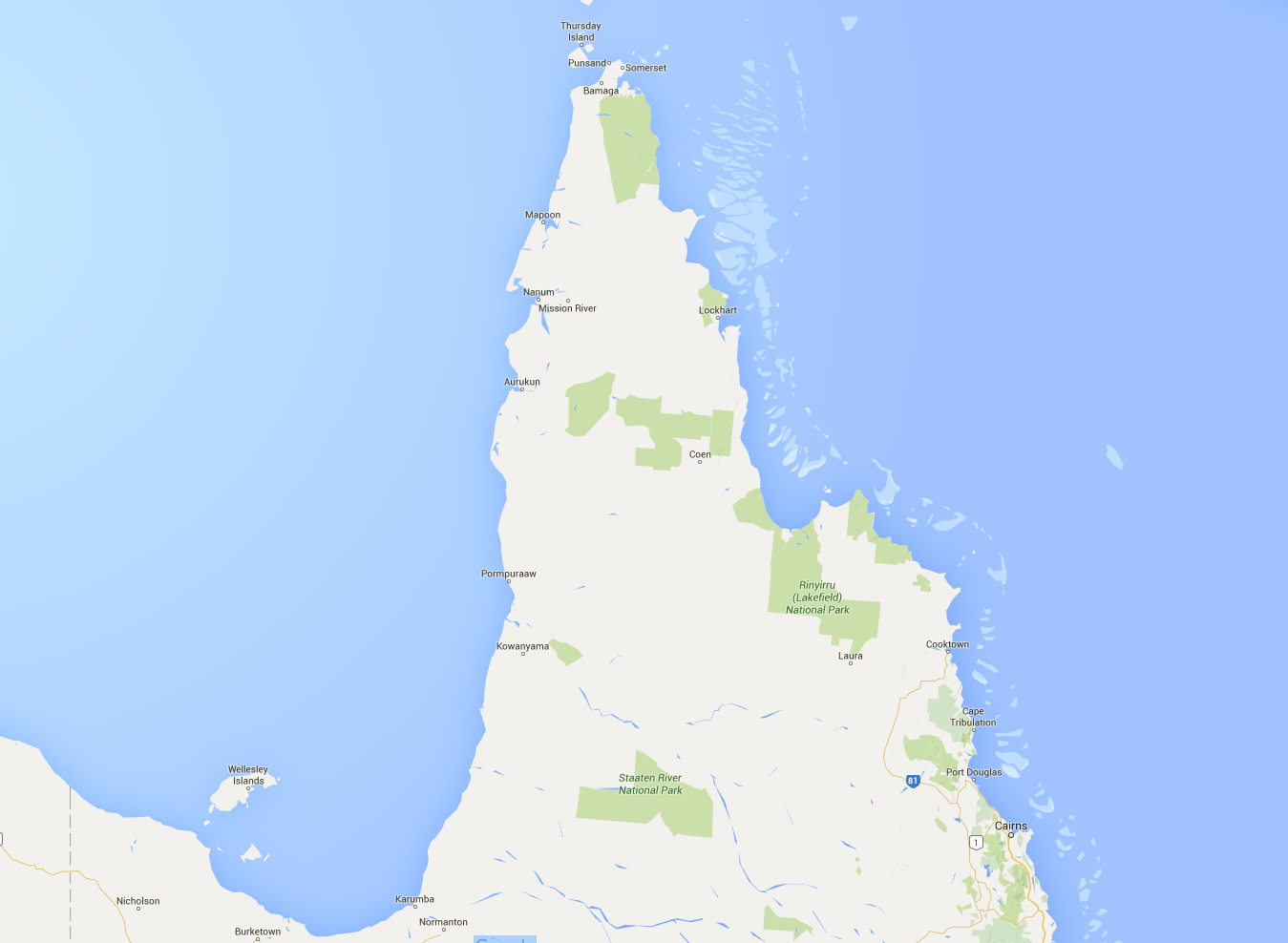
Aurukun is a very small and remote Aboriginal community in the Cape York region of Far North Queensland, around 800kmnorthwest of Cairns. It has a population of just over 1,000 people and is mostly made up of Aboriginal people from five spiritual clans: Wanam, Winchanam, Puch, Apalech, and Sara.
Why were teachers evacuated from the school?
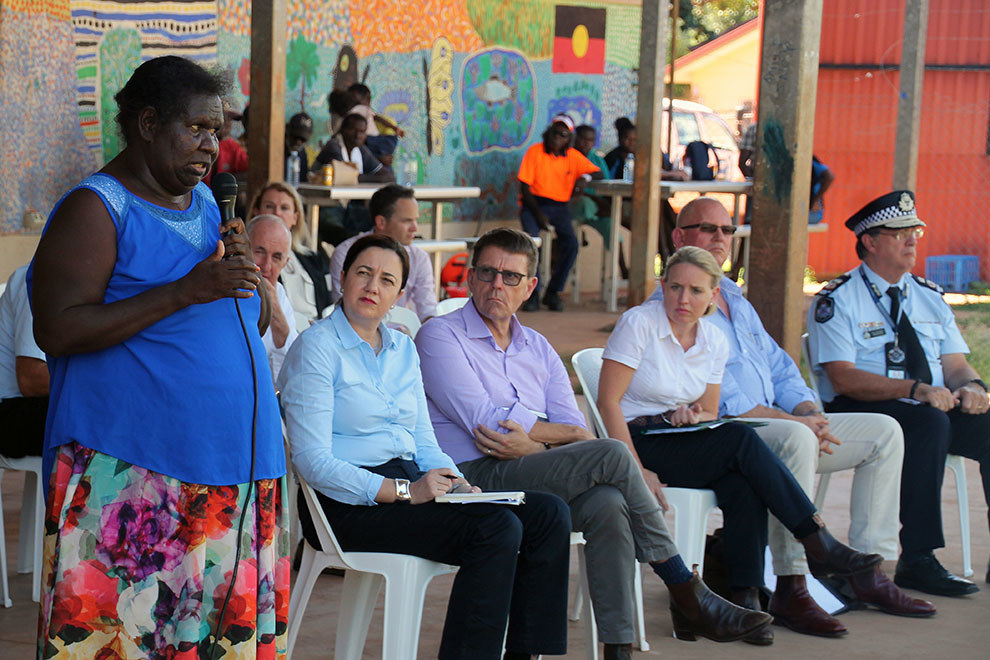
The school in question is the Cape York Academy (one of three schools in Cape York), which is run by the Cape York Partnership, not the Queensland state government. The academy caters to primary school students. There is no high school in the town.
Last month 30 teachers were evacuated from the community over concerns for their safety after children as young as 6 tried to steal the car of the principal and threw rocks at security guards and people's homes. It was the second time in a month that teachers were evacuated. One incident saw the principal carjacked, allegedly by children wielding an axe.
The school is trialling a teaching system imported from the United States called Direct Instruction.
Why is there so much turmoil in Aurukun?
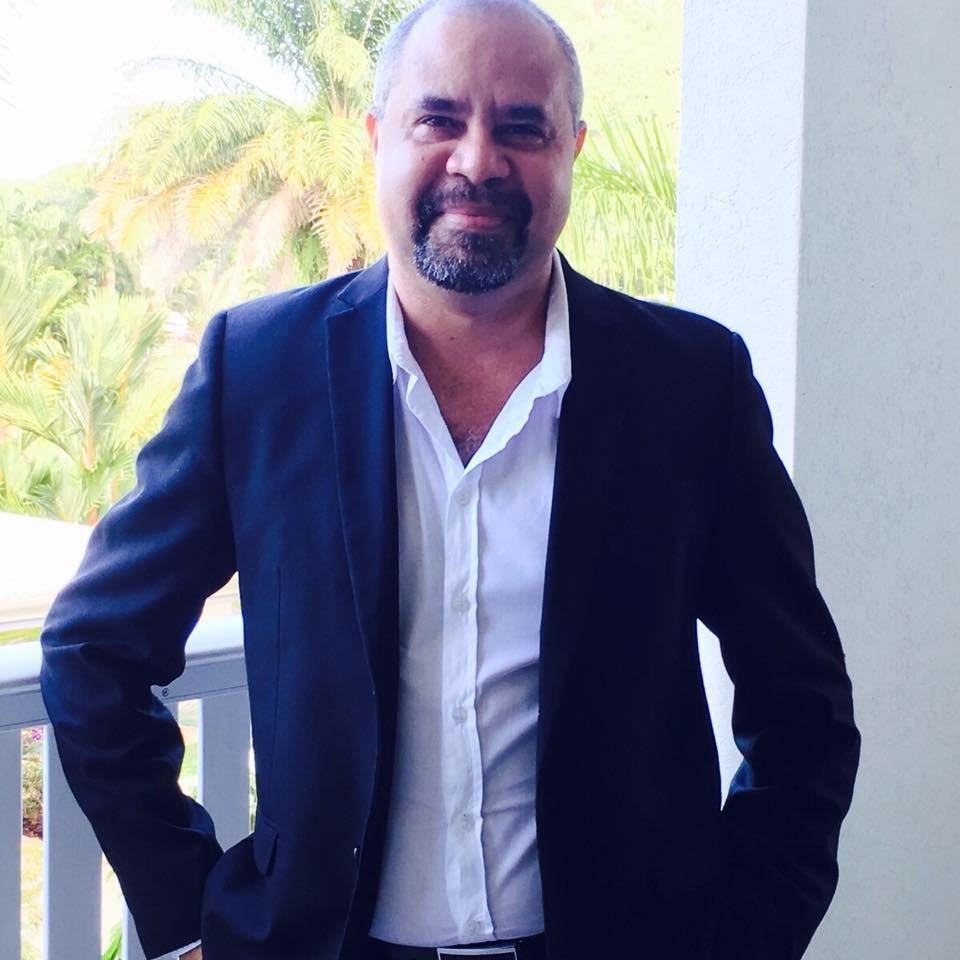
The community has been plagued with severe disadvantage and poverty for decades, with high rates of unemployment, sexual assault, and violence. A lack of employment opportunities has contributed to welfare dependency.
In 2008, Aurukun signed up to the multimillion-dollar Cape York Welfare Trials, which aimed to "end passive welfare, restore communal and family harmony, and create more vibrant and prosperous communities". The trials were also meant to improve truancy rates, which they have had varying degrees of success at.
The trials have been criticised for their "tough love" approach to people grappling with intergenerational trauma and crippling poverty. Last year a report found Aurukun was the most disadvantaged community in Queensland.
Authorities say those living factors combined with the controversial Direct Instruction system have led to young people lashing out.
The independent state MP for Cook, Aboriginal man Billy Gordon, raised concerns about the demonisation of the children in an opinion piece printed for The Australian.
"How did we get from asking why children as young as six are on the streets after midnight to an explosive debate over control of the local school and a bauxite mine as the answer to everything from stopping the rivers of grog to street fighting and school truancy?" Gordon wrote.
"How did we get from vowing, just two months ago, to protect the children of Aurukun to shutting their school, a sanctuary where they feel safe, smart and deadly?"
So what is Direct Instruction?
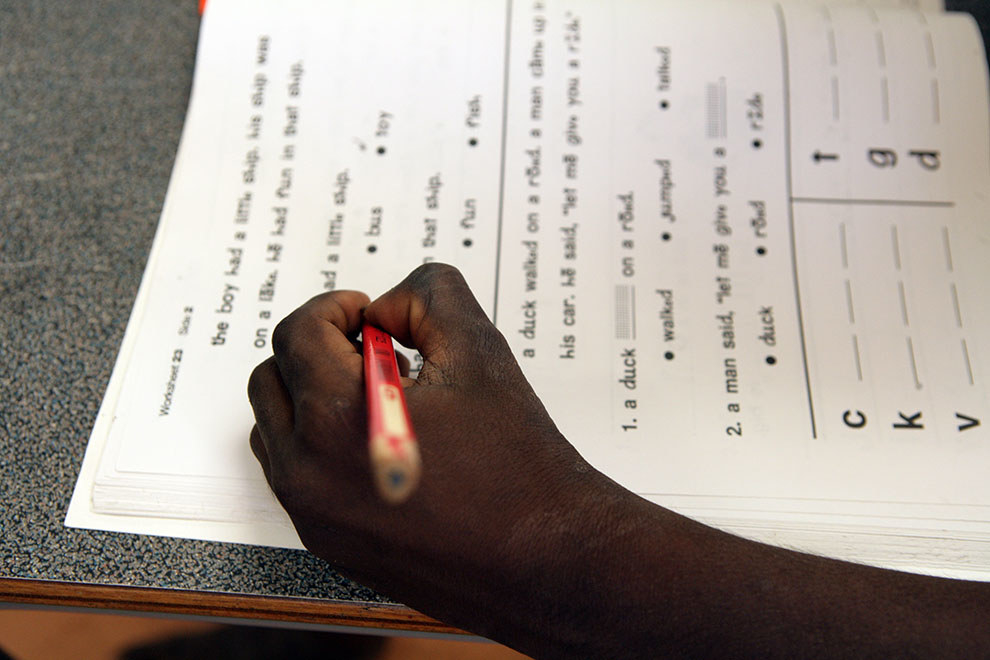
Direct Instruction was developed in the US in the '60s to assist children with learning difficulties. The system simplifies learning by breaking tasks down into small parts. Before moving on to more difficult or complex tasks, students have to master these simpler tasks.
Students are placed in groups based on their learning needs. Direct Instruction requires these groups to communicate verbally that they understand the material together. A whole group doesn't move on until they all say the same thing.
The federal government has spent $22 million on trialling this education system in remote Aboriginal communities.
Why is it controversial?
Critics of Direct Instruction being used on Aboriginal children say that learning outcomes are sub-standard and basic. They argue that the system forces vulnerable children into submitting wholly to the process, and if they don't they risk lagging behind. Teachers also have to strictly adhere to the written material with very little room to deviate from the syllabus.
Indigenous education expert Chris Sarra, who set up the Stronger Smarter Institute, which partners with schools to instil positive cultural identity and leadership in students, has slammed the use of Direct Education, saying the money would have been better spent on tailoring a program to the unique needs of the children in Aurukun rather than importing an American program.
"It is time to stop treating the people of Aurukun as if they are somehow sub-human, because when we treat people as sub-human, then of course these kinds of sub-human behaviours are going to emerge," Sarra told the ABC.
"What the government needs to do is have the courage to say 'this approach is not working'," Sarra said, "and they need to stop wondering about whether or not they're going to be losing votes by saying enough is enough, and they need to do what is right."
What is the Cape York Partnership?
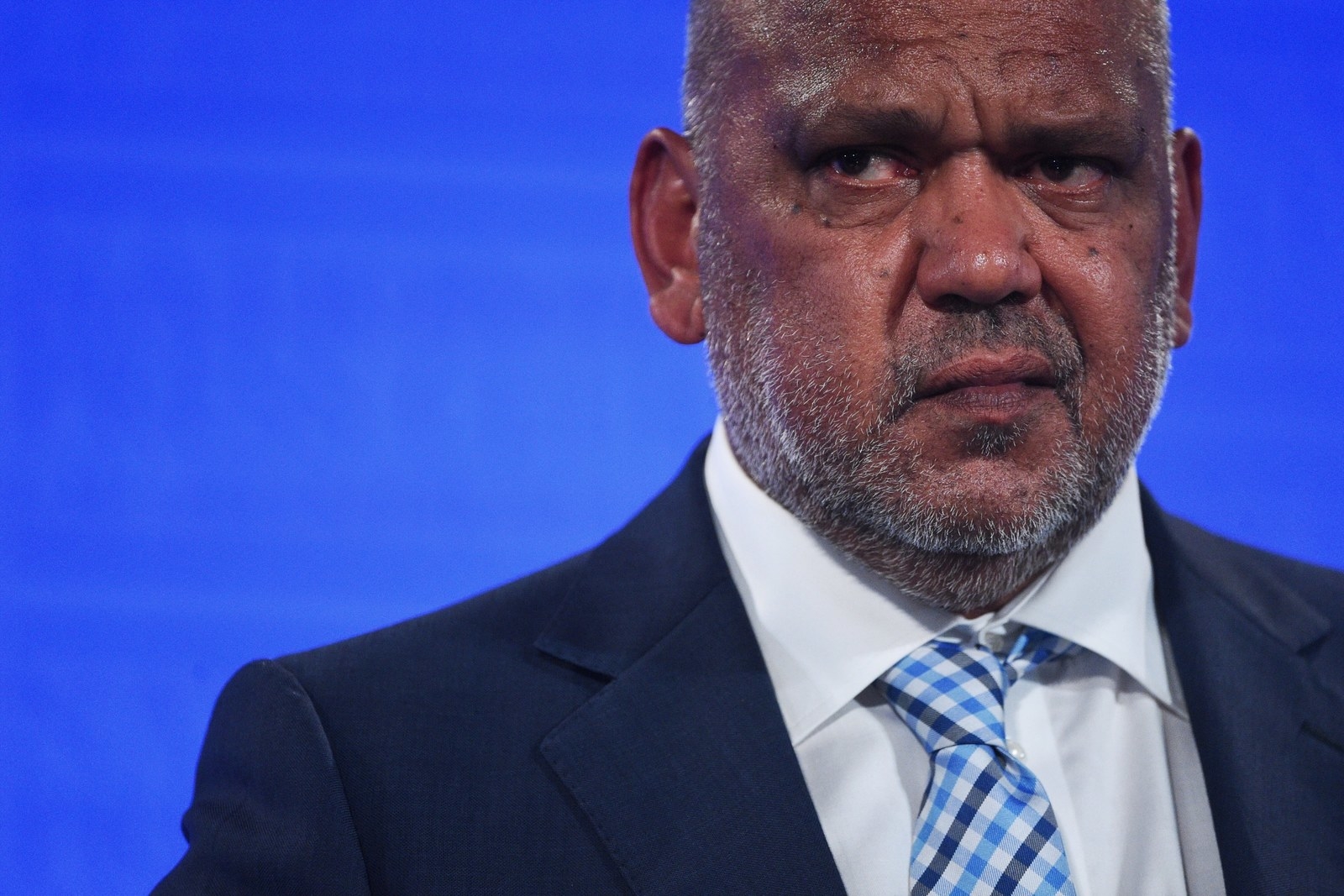
The Aurukun school is one of three Cape York Academies, they are not run by the state government and they do not follow the same curriculum as Queensland public schools. The Cape York Academy is made up of three schools run by the Cape York Institute, an organisation headed by prominent Aboriginal lawyer Noel Pearson.
The Cape York Partnership receives millions of dollars in federal and state funding to improve health, employment and economic outcomes, and education across the region.
Pearson has vigorously defended the school, despite far north Queensland MP Warren Entsch calling Aurukun a "failed social experiment".
"I'm in this business not to do what educators do with ordinary kids to get them to succeed," Pearson told the ABC. "I'm here for the disadvantaged kids, the kids that would have no chance if we continued to feed them the kind of swill that they were getting before we took over in 2010."
"I've felt for the past week and a half like I've been in some kind of Discovery Channel episode where these hyenas come out of the bush and start attacking the wounded impala," he said.
What is happening now?
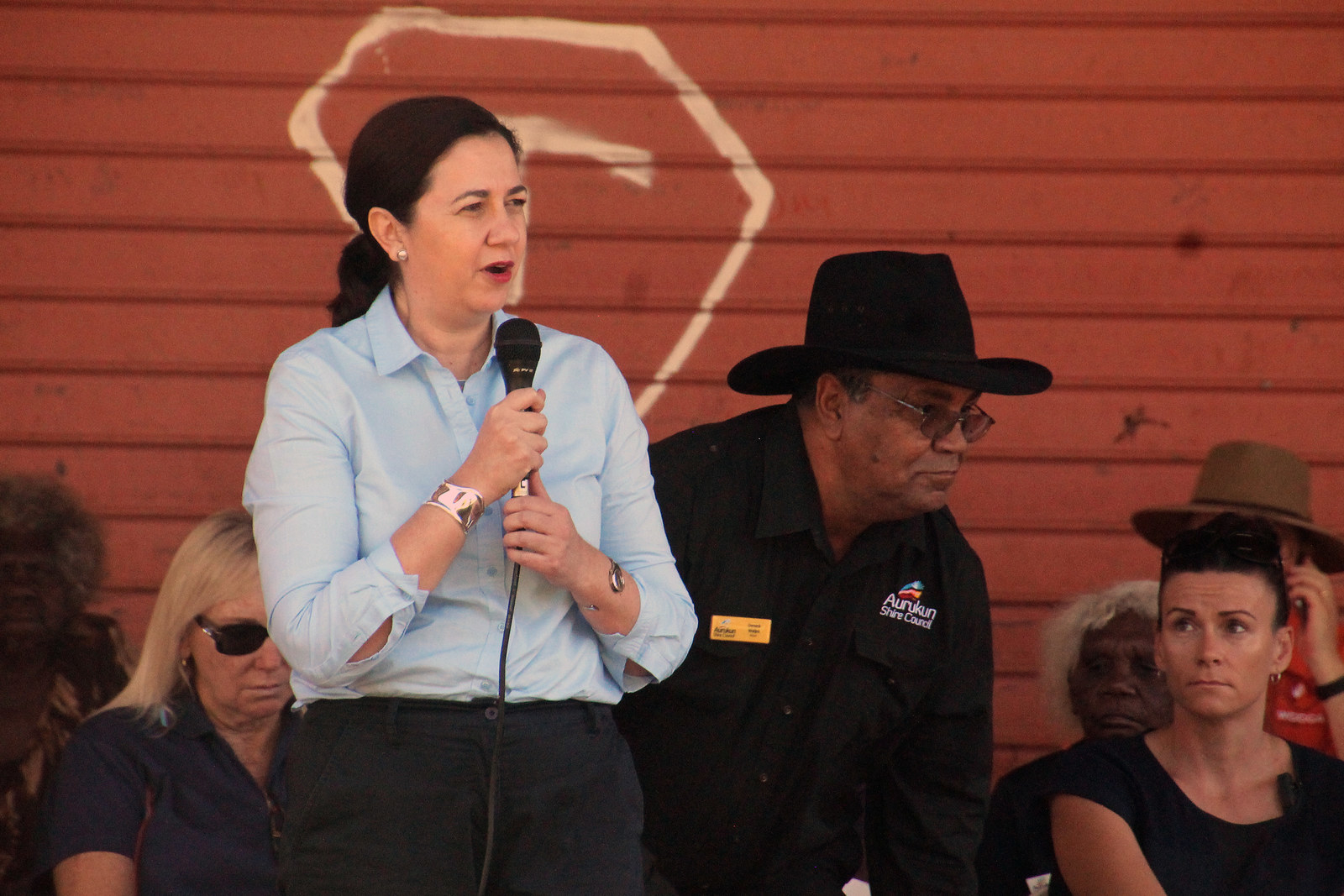
The Queensland government, which funds the school, is now investigating the incidents and whether Direct Instruction is appropriate for the children of Aurukun, and if there are adequate measures in place to keep teachers safe.
Queensland premier Annastacia Palaszczuk has not ruled out implementing the state curriculum at the academy.
The majority of teachers are due to return to Aurukun in the next few days.
